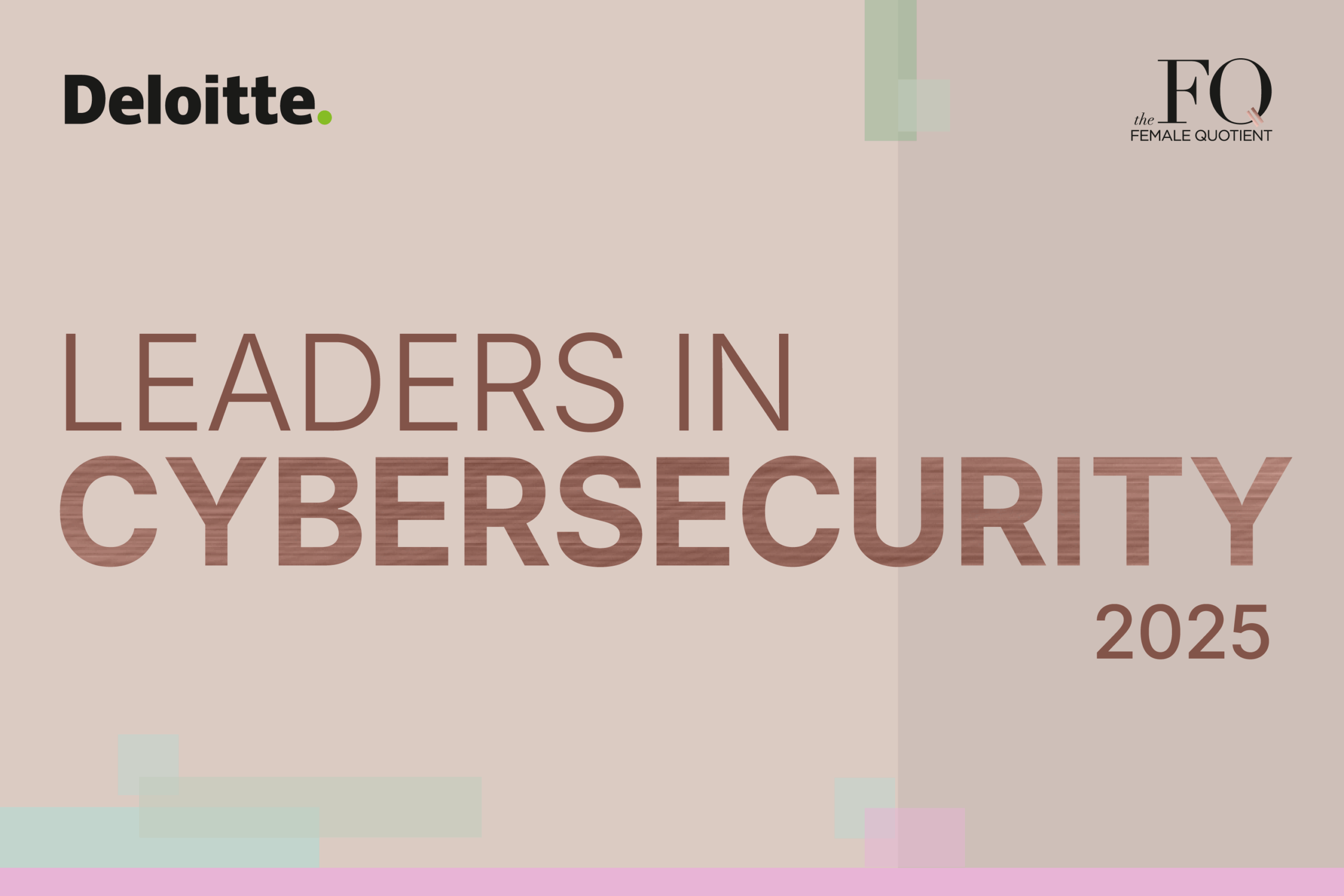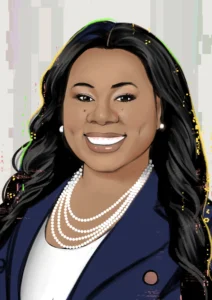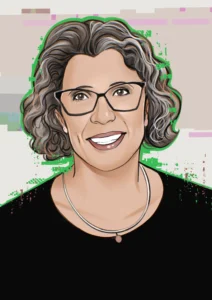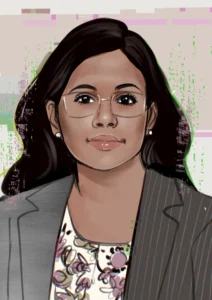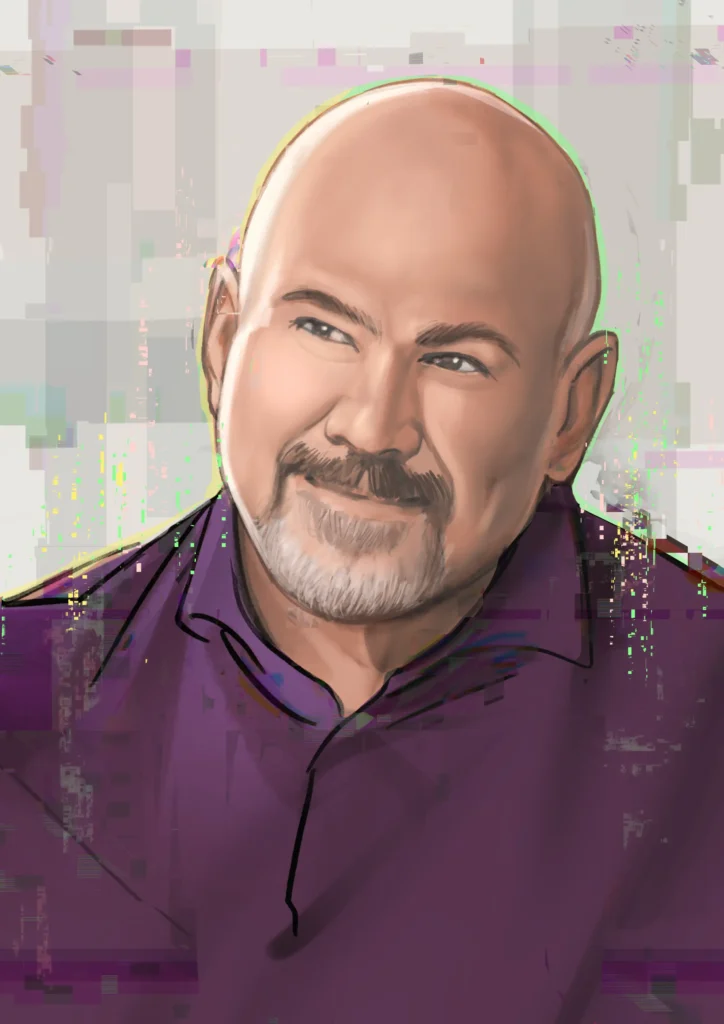
Darren Kane
“Superheroes don’t always wear capes. The cybersecurity industry is not backlit by green code matrix screens and cyber criminals in hoodies. Cyber has come a long way from the basement to the boardroom.”
Darren Kane has been CSO at nbn since 2015, safeguarding Australia’s digital backbone. He also advises the federal government on cyber strategy as part of its Cyber Security Industry Advisory Committee (CSIAC). With roots in the Australian Federal Police, Australian Securities and Investments Commission (ASIC), and senior security roles at Telstra, Darren blends law enforcement grit with corporate know-how. In 2024, he was recognized as Telecommunications Security Leader of the Year by a leading Australian technology news outlet.
What is one skill, interest or talent of yours that makes you great at your job?
Absolute conviction. My ability to have people believe in my way forward and to invest in the mission. I think this is my secret sauce.
What is the best piece of unconventional career advice you’ve gotten?
Fake it ’til you make it. Always bite off more than you can chew and learn to chew fearlessly, with curiosity, and with a taste for the unexpected. Place a bet on yourself to deliver.
When did you become interested in pursuing a career in cyber and what prompted it?
After almost 20 years in Commonwealth law enforcement, in 2004 I joined Telstra and was introduced to information and communications technology. That’s where I recognized the opportunities for cyber safety. The continuous learning loop everyday led me to appreciate and understand what an important role cyber would play in my future, and the future of my children, grandchildren, and generations to come.
What are the top 3 things you would tell people hoping to enter the cybersecurity industry?
- Cyber is just a stream of enterprise security risk management. Don’t narrow your focus to one small stream in a tributary of rivers that represents so many opportunities.
- Technology skills are relevant and required, but so are social skills and an ability to communicate with influence.
- Always keep an eye on the problem in front of you, and the other eye on where technology is taking you and how you can create new roles for yourself.
What are some misconceptions people might have about the cybersecurity industry and what can we do to change these misconceptions?
Security is an enabler, not an impediment. A career in security is no longer categorized as a specific skill set; it is now understood to be one of the more senior business operational risks in many enterprises.
Superheroes don’t always wear capes. The cybersecurity industry is not backlit by green code matrix screens and cyber criminals in hoodies. Cyber has come a long way from the basement to the boardroom.
Do you feel like you’re contributing to helping keep our world secure and can you share why that matters to you?
My law enforcement background has made me very purpose- and mission-driven. nbn is one of Australia’s biggest infrastructure projects, carrying more than 80% of the nation’s data across the network every day. The mission and purpose of what I do at nbn are clearly defined, and I’m invested in it.
What positive change do you think will take place as we bring the next generation into the cybersecurity industry?
Digital natives who have grown up with gaming consoles and smartphones in hand now have the ability to make a positive impact on the industry. They are more familiar with technology than any previous generation, and have the ability to drive change and manage policy and the development of technology. They have found their own level and acceptance of risk, which can allow the industry to continually grow and develop.
Who is your role model in the cybersecurity industry and why?
Entrepreneurs and start-up founders. They see a gap in the market where there is an opportunity to develop a product that offers effective security controls and can change the way we engage with technology. These founders understand risk versus reward, and can work either end of this spectrum. Only a small percentage of them truly benefit from their efforts, whereas we, the users, benefit most of the time from their yield.

